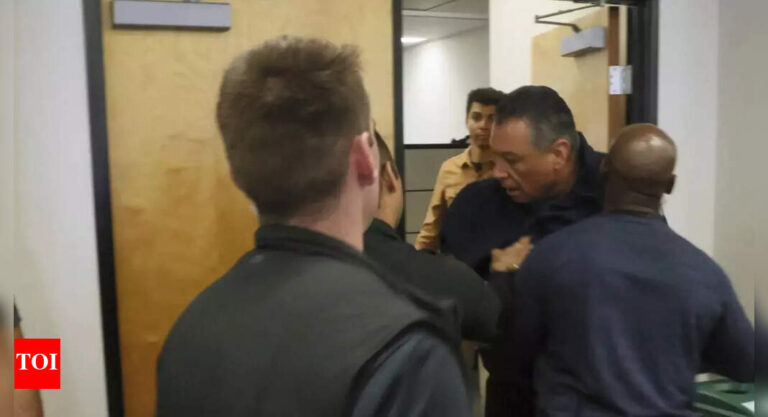Access Denied: Why CLAT 2025 Results Are Creating a Buzz and What You Need to Know!
The legal education landscape in India has been abuzz with news surrounding the Common Law Admission Test (CLAT) for 2025. Recent developments have led to the Delhi High Court issuing a four-week mandate for the Consortium of National Law Universities (NLUs) concerning the revised result date. The situation has drawn attention not just for its implications on the candidates but also for the broader discussions it has sparked about the administration of one of the country’s most competitive law entrance examinations.
The Background of the CLAT Examination
CLAT is a vital entrance test for aspiring law students who wish to secure admission to prestigious National Law Universities across India. The examination assesses various skills including comprehension, general knowledge, quantitative techniques, and legal aptitude. However, the road to becoming a lawyer through CLAT has not been without challenges.
Over the years, the examination has faced controversies related to its format, scheduling, and results. The recent issues surrounding the 2025 results once again spotlight the need for transparency and accountability in the examination process.
The Current Situation: What the Delhi High Court Mandated
On [insert date], the Delhi High Court intervened in the ongoing concerns regarding the announcement of the revised result date for CLAT 2025. Candidates were left in limbo as confusion ensued about the timing of the results and the impact it would have on their future plans.
- Date of Initial Examination: [insert date]
- Initial Result Declaration Date: [insert date]
- Revised Result Declaration Date Mandated by Delhi High Court: [insert date]
With a directive to the Consortium of NLUs, the court has mandated that the revised result be announced within four weeks. Legal experts and educators have welcomed this decision as a necessary step to ensure fairness in the examination process.
What Led to the Controversy?
The controversy arose due to complaints from students about discrepancies in the evaluation process and the declaration of results. Many candidates expressed concerns that their test scores did not accurately reflect their performance.
Furthermore, students cited issues such as:
- Late announcement of exam dates
- Lack of clarity in the evaluation criteria
- Inconsistencies in communication from the Consortium of NLUs
These factors have led to a surge of anxiety among students as they prepared for law school admissions while grappling with uncertainty over their results. The Delhi High Court’s ruling has thus been seen as a necessary intervention to restore faith in the system.
The Broader Implications for Legal Education in India
The CLAT controversy has far-reaching implications beyond just the immediate concerns of the 2025 candidate batch. It underscores the pressing need for reform in the administration of law entrance examinations in India. Some potential considerations moving forward include:
- Increased Transparency: The evaluation process should be thoroughly vetted and communicated to prevent confusion and mistrust.
- Improved Communication: The Consortium of NLUs must develop clearer lines of communication with students, especially during critical periods.
- Timeliness: Exam schedules and result declarations need to adhere to strict timelines to minimize disruption in student life.
As the legal education sector continues to evolve, ensuring that entrance examinations like CLAT are run smoothly will be crucial in shaping the future of legal professionals in India.
What’s Next for Students?
For students awaiting the revised results, the coming weeks may prove to be crucial. Here’s how candidates can best prepare themselves amid this uncertainty:
- Stay updated with official communications from the Consortium of NLUs.
- Prepare contingency plans for admissions to other institutions in case of delays.
- Engage with peers and forums for support and information sharing.
In conclusion, while the road to the revised results may be fraught with uncertainty, the Delhi High Court’s intervention is a step towards ensuring fairness and accountability in the CLAT examination process. As candidates await the outcome, it’s essential for them to remain informed and proactive during this pivotal time.




